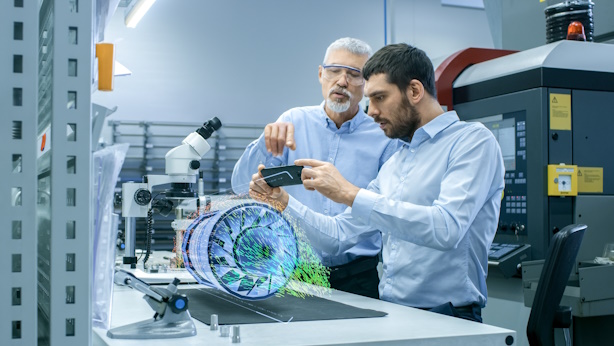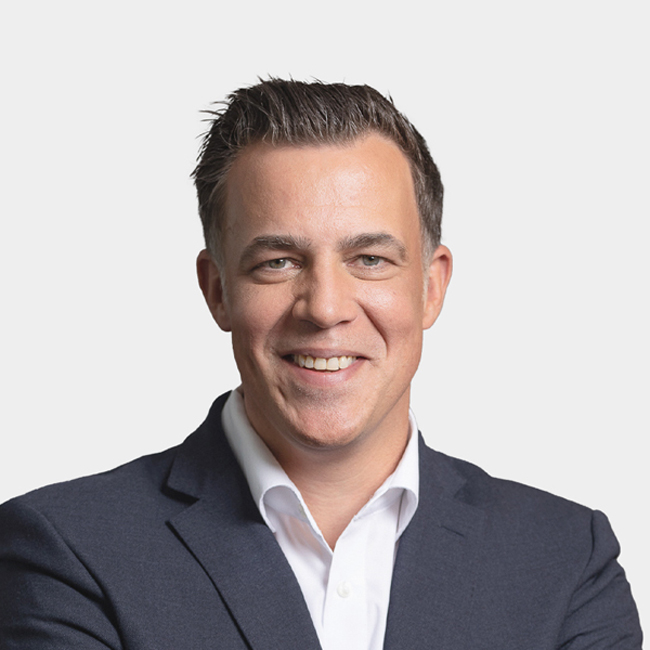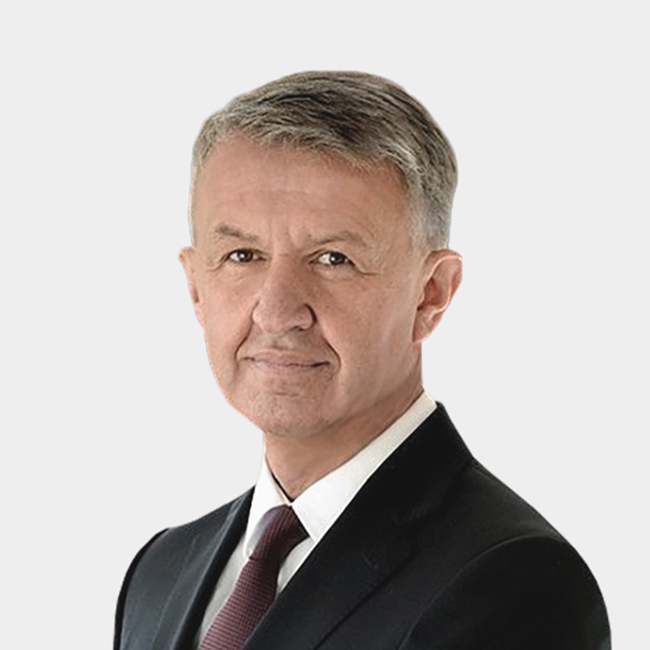Consulting for resilience and sustainability of the organization
Achieving competitive advantage with future-oriented development organizations
The success of contemporary development depends on a number of factors that go far beyond correct drawings, coding and the choice of suitable methods and tools. The efficient manufacture of products and solutions requires a development environment (ecosystem) that is adapted to the respective organization, challenge, and complexity. In order to ensure an optimal long-term competitive position and resilience in crisis situations, companies must take these criteria in particular into account:
- An appropriate, overarching development process model.
- Targeted and lean processes.
- An appropriate organizational setup.
- An end-to-end CAE chain and integration.
- Qualified employees in a motivating environment.
- Clear cooperation structures with suppliers, development and business partners.
Ensure your long-term market success with EFESO. We increase the performance of your R&D organization – especially in the following areas.

Process model: Mastering hardware and software development
EFESO supports you in setting up and optimizing a company-specific process model for the development of hardware and software. We work with you to develop a procedure that is optimally suited to your organization. The basis for this is a comprehensive analysis of existing working methods as well as strategic and operational challenges.
In this process, we adapt proven effective models and practical experience. In this way, we establish procedures that work in the long term and go beyond purely theoretical constructs.
With our development model 4.0, for example, you can optimally design the integrated development of hardware and software and thus strengthen organizational resilience (see our offer on smart products).
Processes and organization: activate performance potential
With EFESO, you create an organizational and working structure that matches your company's Product portfolio and strategic orientation.
In order to set up your organization optimally for efficient development, we analyze it with you, taking into account your process model and processes. The basis for this can be principles and methods from Lean & Agile. For example, it makes sense to introduce agile working methods to be able to recognize and react to changing market conditions. This can be scaled across several or larger organizational units in order to have an overarching effect (Agile@Scale, e.g. Nexus or SAFe). Lean principles, on the other hand, focus on continuously minimizing unnecessary activities ("waste") to unleash the full potential of your organization.
The exact form depends on the focus of the organization – e.g. functional, product-oriented, process-oriented or decentralized. Each of these working methods has certain advantages and disadvantages and is therefore suitable for different orientations.
Establishing sustainability in a targeted manner
Modern development organizations are characterized by the targeted integration of sustainability elements in their structures and processes as well as by an active sustainability culture. For example, redesign guidelines are anchored in order to minimize the amount of non-recyclable plastic in products. Sustainability councils can also be used to challenge the sustainability performance of innovations at an early stage.

CAE chains and integration: avoiding waste in development processes
In addition to process and organizational alignment, EFESO will assist you in examining your computer-aided engineering (CAE) chains. We also help you to improve the use and support of CAE. In doing so, we focus on the lean and effective alignment of the tools used to optimally support the respective processes and avoid waste in the development processes.
We analyze existing software both in terms of technical debt and its impact on development efficiency. In this way, we create the basis for strategic development decisions regarding re-engineering, re-architecturing or sunset & rewrite. This can range from CAx solutions and collaboration software to system and data platforms.
Employees and training: mastering transformations
Successful development is not possible without suitable employees and their skills. This is why EFESO supports you with method and process training throughout the entire change process, for example with management coaching and mentoring for managers in development.
Collaboration structures and networks: assessing risks and dependencies
In addition to internal performance, development is no longer conceivable without cross-company collaboration – regardless of whether this involves open innovation, co-creation, outsourcing of development services or collaboration in global alliances. These have obvious, major advantages, but also harbor challenges and risks. Examples include
- The need for an adequate digital infrastructure.
- Coordination and communication difficulties.
- Consideration of longer delivery times for components.
- Dependence on the delivery of adequate development results.
- Dependence on unclear processes in affiliated companies.
- Dependence on government regulation at local sites.
To ensure that the risks and disadvantages do not outweigh the advantages, EFESO offers to carry out diligence checks and evaluate the risks and dependencies. This includes, for example, the evaluation and rapid realignment of supplier and development networks.
Achieving successful change with EFESO
From the analysis of existing structures to the definition of the target organization and target processes through to implementation and rollout: EFESO supports all phases of development with customer-specific accompanying measures to anchor the change successfully and permanently in your organization. We place particular emphasis on "piloting" and "living" the new methods, processes, and roles.



